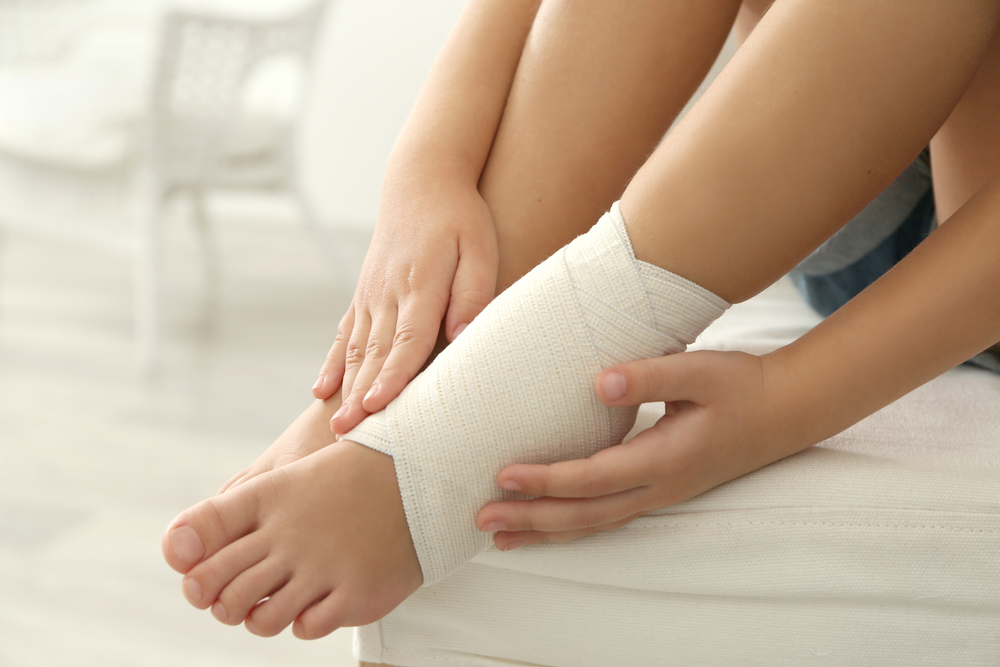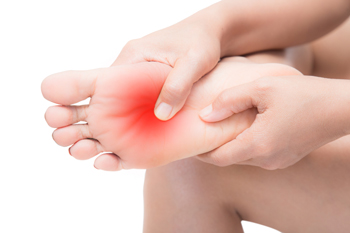 Many pregnant women realize their feet have become bigger during their pregnancy and can permanently remain that way. This can happen from weight gain, or hormonal changes that naturally occur to aid in the delivery process. Swollen feet are a common ailment during pregnancy, and they can be noticed when the feet are at their largest at the end of the day. Mild relief may be found when compression socks are worn, and it may help to perform simple cardiovascular exercises. Pregnant women find it helpful to frequently elevate their feet, which may be beneficial in distributing the fluid from the feet to the legs. If you have questions about swollen feet or foot pain during pregnancy, it is strongly suggested that you speak to a podiatrist.
Many pregnant women realize their feet have become bigger during their pregnancy and can permanently remain that way. This can happen from weight gain, or hormonal changes that naturally occur to aid in the delivery process. Swollen feet are a common ailment during pregnancy, and they can be noticed when the feet are at their largest at the end of the day. Mild relief may be found when compression socks are worn, and it may help to perform simple cardiovascular exercises. Pregnant women find it helpful to frequently elevate their feet, which may be beneficial in distributing the fluid from the feet to the legs. If you have questions about swollen feet or foot pain during pregnancy, it is strongly suggested that you speak to a podiatrist.
Pregnant women with swollen feet can be treated with a variety of different methods that are readily available. For more information about other cures for swollen feet during pregnancy, consult with one of our podiatrists from Foot Health Center of Merrimack Valley. Our doctors will attend to all of your foot and ankle needs.
What Foot Problems Can Arise During Pregnancy?
One problem that can occur is overpronation, which occurs when the arch of the foot flattens and tends to roll inward. This can cause pain and discomfort in your heels while you’re walking or even just standing up, trying to support your baby.
Another problem is edema, or swelling in the extremities. This often affects the feet during pregnancy but tends to occur in the later stages.
How Can I Keep My Feet Healthy During Pregnancy?
- Wearing orthotics can provide extra support for the feet and help distribute weight evenly
- Minimize the amount of time spent walking barefoot
- Wear shoes with good arch support
- Wear shoes that allow for good circulation to the feet
- Elevate feet if you experience swelling
- Massage your feet
- Get regular, light exercise, such as walking, to promote blood circulation to the feet
If you have any questions please feel free to contact one of our offices located in North Andover, and Tewksbury, MA . We offer the newest diagnostic and treatment technologies for all your foot and ankle needs.



 Heel pain
Heel pain





